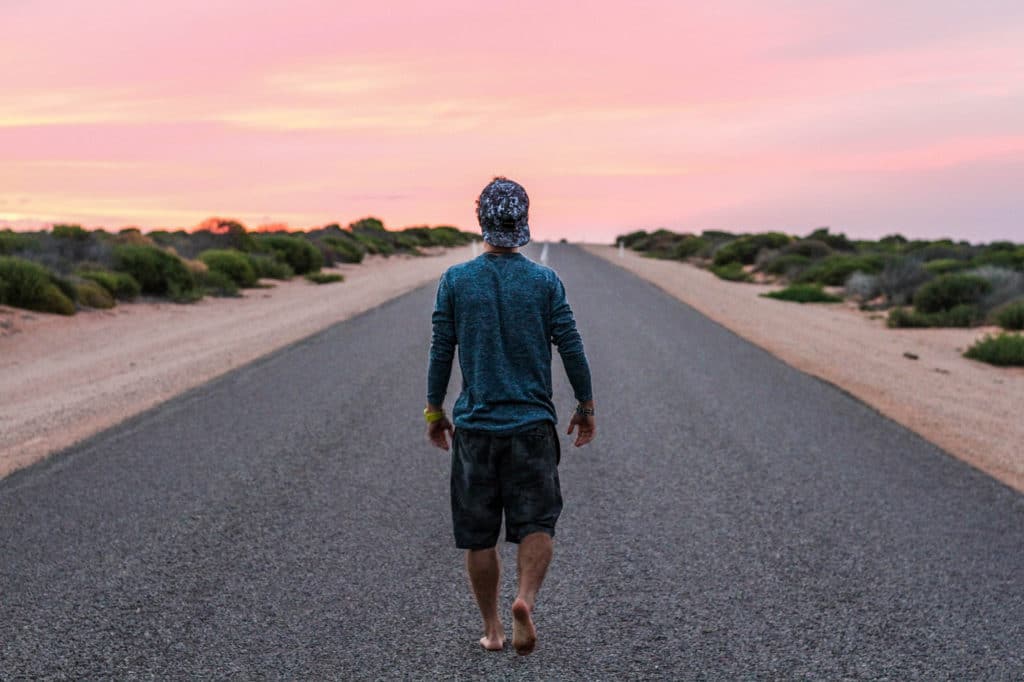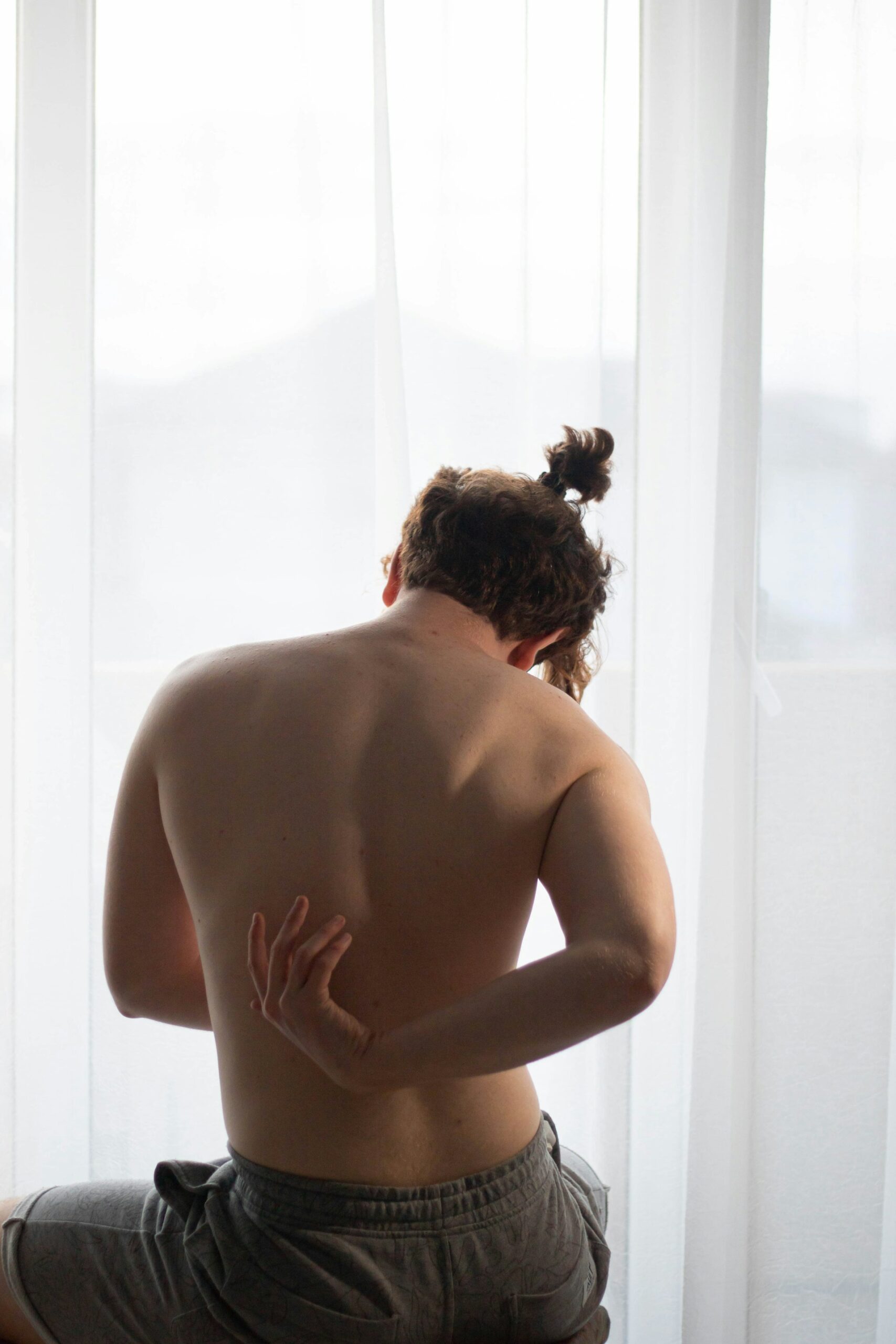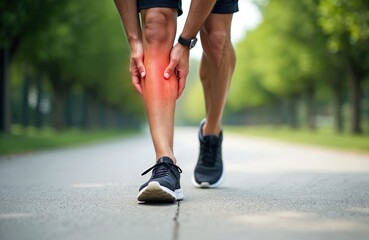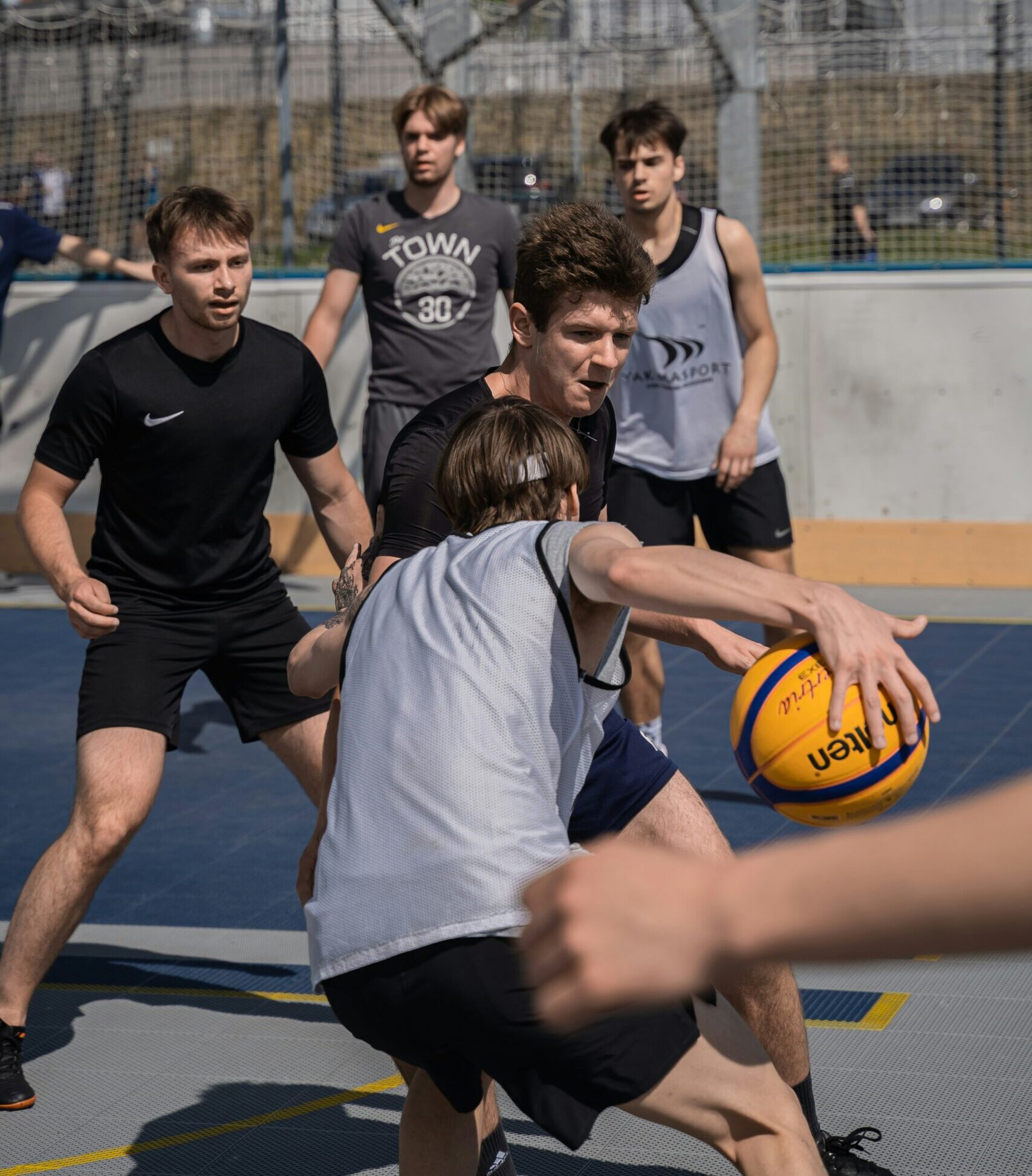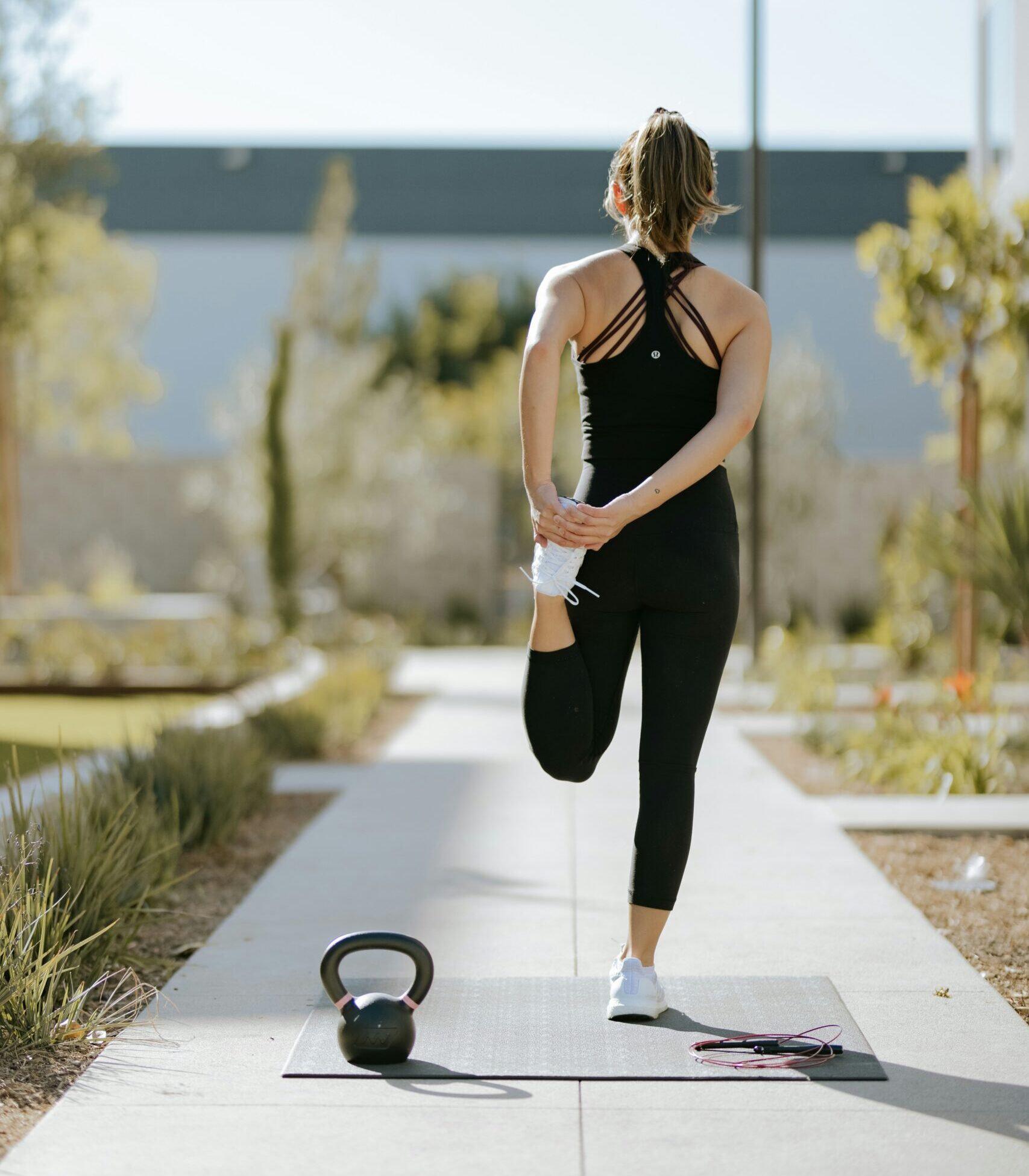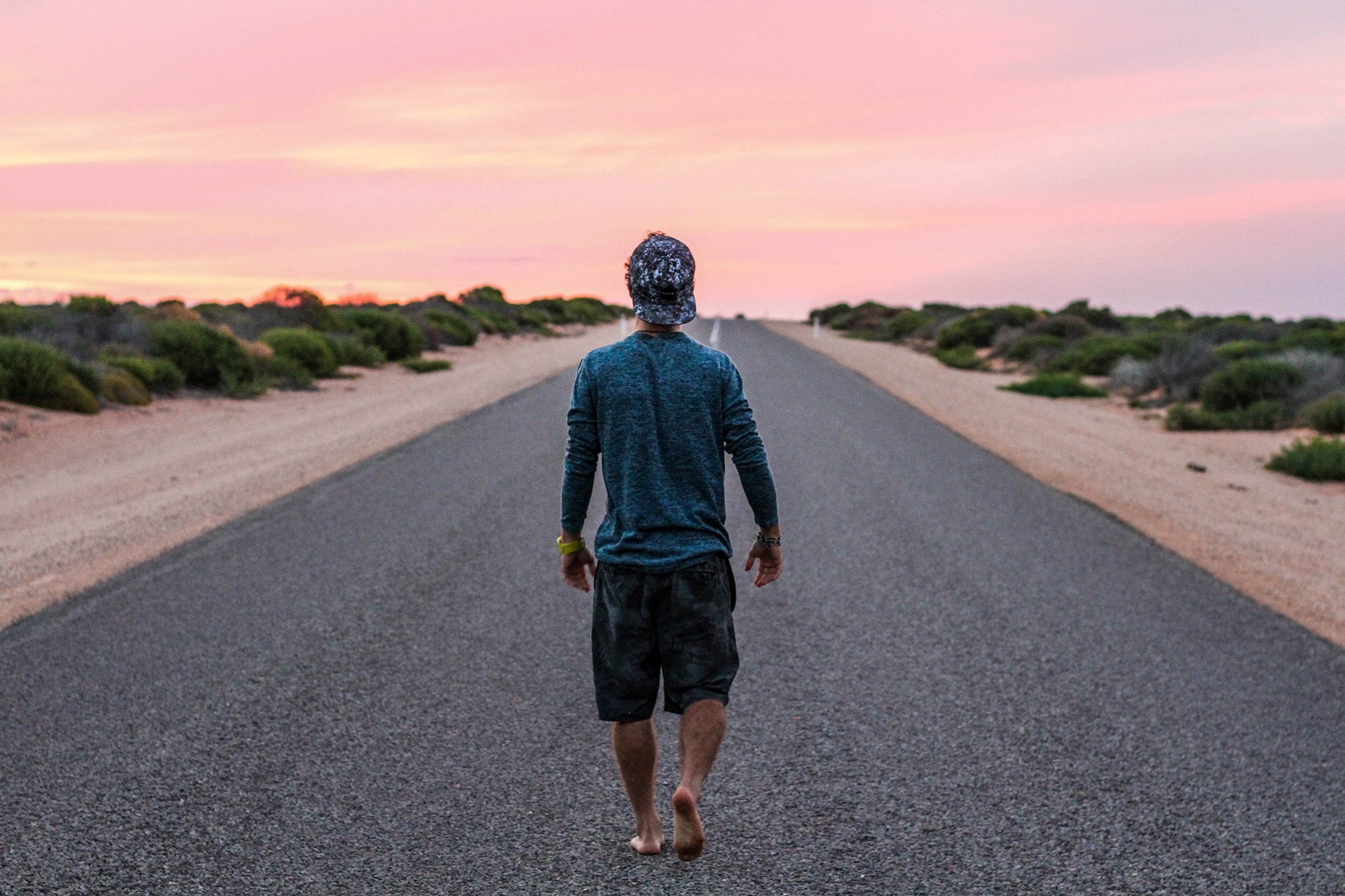
Barefoot vs Running Shoes
What has 26 bones, 33 joints and more than a hundred tendons, ligaments and muscles? Your foot! Your feet have literally carried you through life and should not be ignored. Running is a high-impact sport that creates a lot of force from your feet hitting the ground. If you are a runner, you know just how important it is to look after your feet. There has been a big debate about whether we should be running barefoot vs running with shoes. What’s the difference between barefoot running or wearing shoes when running?
The largest difference between barefoot running and wearing shoes is how your foot strikes the ground. For those with shoes, it is primarily heel first which generates a huge amount of force through the body. This correlates to many running injuries such as runners knee or stress fractures. Contrastingly, running barefoot develops the tendency to land on the balls of your feet. This creates less impact and reduce the risk of injury and stress on your body.
Running in shoes allows you to automatically take longer strides. It also reduces the leg muscles work as the shoe acts as suspension. The muscles no longer have to expend energy to absorb the impact with each step. Shoes will also protect you from environmental hazards such as sharp sticks or gravel. Therefore shoes are more efficient in a way, as they require less bodily energy overall.
A huge benefit of barefoot running is that it corrects your stride. Overstriding is a massive problem for runners. It increases the risk of injury and puts greater stress on the knees and hips. Studies have shown that barefoot runners automatically shorten their stride, that whilst is not as efficient, it does protect the body from injury as it reduces the amount of work of the knee and hips. Reducing stress on legs through barefoot running allows you to generate more power with your stride. Barefoot running does require more work from your lower leg and foot muscles which over a length of time will really improve your strength, stability, power and agility. However, barefoot running does create a risk of injury due to the terrain you may be running on and how harmful it is to your soles. If barefoot running, be mindful of your environment.
Additionally, barefoot running shoes or ‘minimalist’ shoes are made to mimic running barefoot while still protecting your feet from environmental injury. They allow you to transition your running technique so you are landing closer to the ball of your foot with as little interference between you and the earth as possible. Head into your local sports shop to learn more about your options.
As we stated previously, running is a high-impact activity so it is important to evaluate whether shoes or going without is better for you. Both have their pros and cons so really it’s up to you! Remember to take time if transitioning to either of the options as your feet need to adjust to a new environment. The foot structure is very intricate and supports you throughout life here at Pivotal Motion we are happy to help with any concerns relating to running. Contact us on (07) 3352 5116 or book an appointment online.

